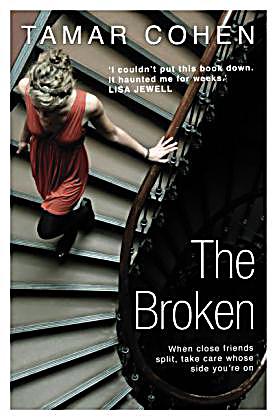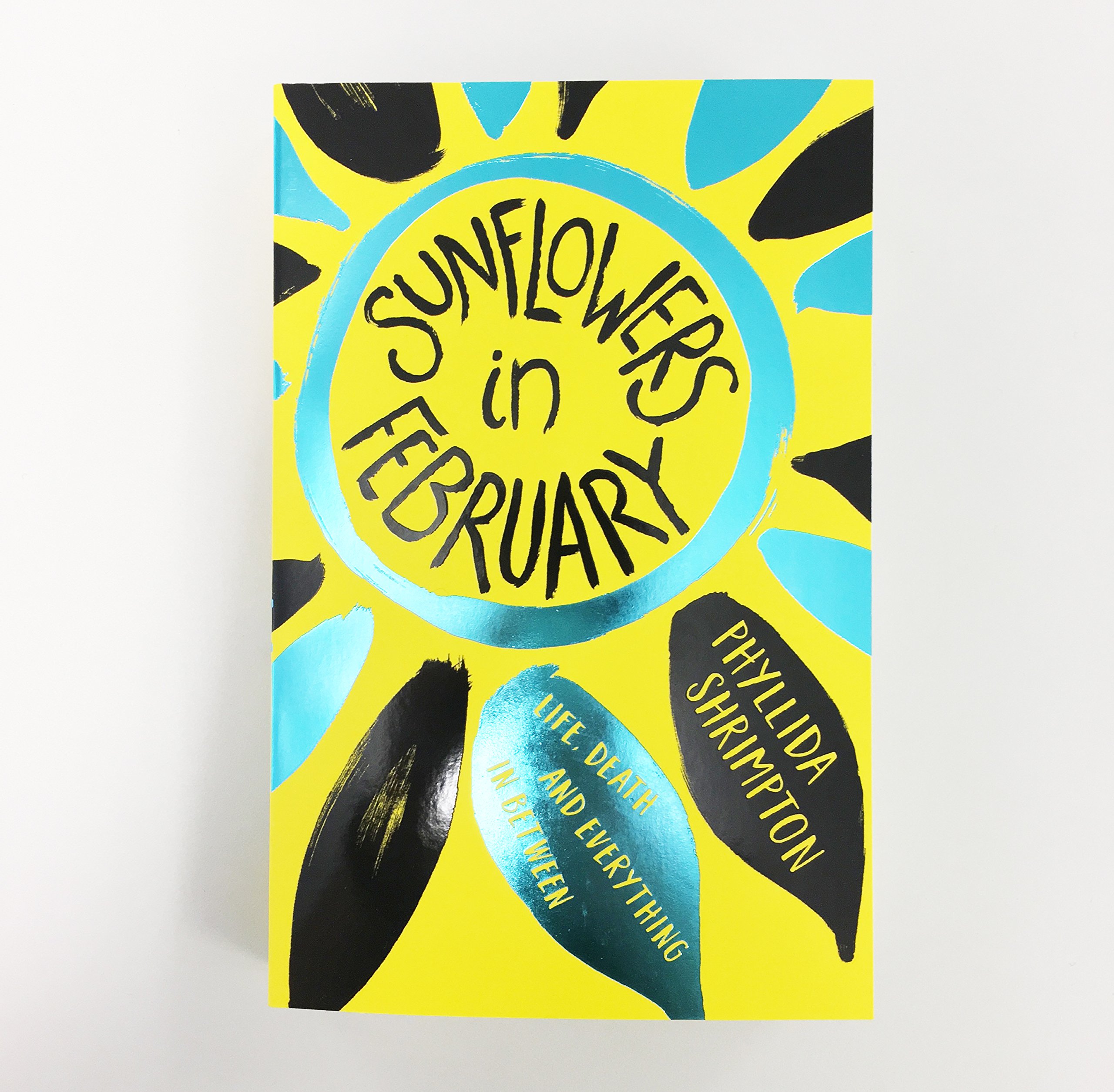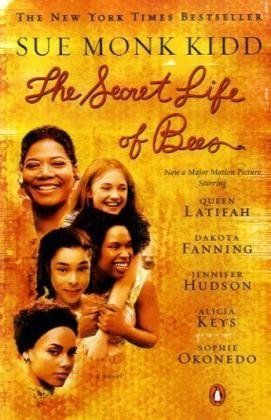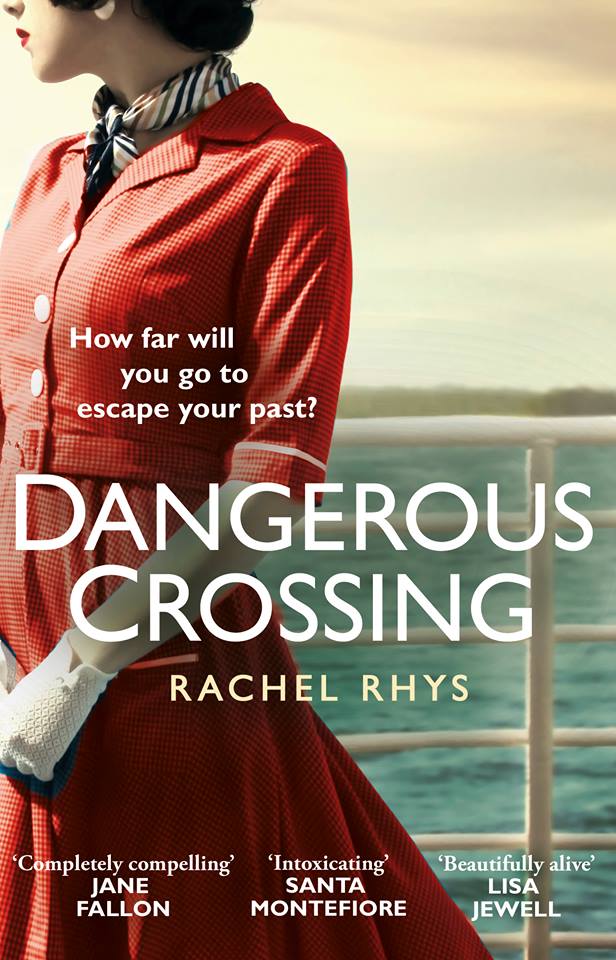
Never take sides. Stay neutral. Stay friends.
This is what Hannah and Josh vow when they learn their best friends, Sasha and Dan, are splitting up. Never mind that Dan has abruptly decided to ditch Sasha and four year old daughter September to romance a 24 year old model. Never mind that Sasha has vowed he ‘won’t get away with it’. Hannah, Josh and their four year daughter, Lily, want to support their friends without getting involved in a messy break-up, but as the grievances pile up and lawyers are called, they find their own family unit splintering under the pressure…
What’s it about?
The impact divorce has on the people involved, including friends and children. The way disagreements can escalate and lies can dissolve trust. The quicksand lurking under many a seemingly happy relationship. Finally, and perhaps most chillingly, the effect that abusive parenting can have.
What’s it like?
Tense. Wonderfully real. Frighteningly plausible.
It would be easy to dismiss parts of this story as cliché: Dan’s attitudes towards his (soon to be ex-) wife and the reasons behind their relationship breakdown are the ultimate in shallow cliché, and Josh is understandably stunned by his friend’s casual dismissal of harm caused. Similarly, Sasha’s behaviour as the scorned wife moves predictably from disbelief to outrage to a frankly frightening desire for vengeance. But. The way this story is told makes it incredibly powerful. Sasha’s disintegration is appalling, and this sense of abrupt downfall is heightened by being perceived from Hannah’s viewpoint; Hannah struggles to connect this fragile creature with the funny, strong woman she knew before.
Of course, it’s not only Sasha and Dan who are struggling. Hannah is clearly traumatised by an incident from her late teens, which is only gradually revealed to the reader, and Josh only reaches a third of the way through the story before being granted his own terrible secret that he cannot bring himself to share with Hannah. The gradual splintering of their relationship is in contrast to the violent collapse of their friends’, but both stories are powerful cautionary tales.
Then there’s Lucie
If collapsing loyalties and escalating feuds weren’t sufficient to hook you in (and they really are) then Lucie would do it all by herself. Just a handful of very short chapters give us Lucie’s first-person account of her development in life. We meet her aged four, hiding in her ‘special place’. She’s frightened that Mummy will find her. This is a disturbing opening insight into her life and the power of abusive parenting as presented in the story as a whole. (We learn that Sasha and Hannah have also been badly harmed by their parents and soon September is in a very vulnerable position.)
As Lucie grows up, we receive hints of her true nature, but it’s not until the stunning climax of the book that we fully comprehend the threat she poses. The final chapter of ‘The Broken’ is the most chilling conclusion to a book I’ve read in years. Gobble, gobble.
Final thoughts
My one criticism would be of Hannah: she should have helped her friend more. Of course, if she had, there might have been a very different ending, but she never directly addresses Sasha about one deeply concerning development in her life and I consider it was absolutely her duty as a friend to do so. That said, by this point, Sasha is more an inconvenience to Hannah’s neatly scheduled life than a cherished friend, so perhaps her neglect is understandable. And, of course, people can be deeply selfish in fiction, just as in life!
Ultimately this was a fascinating portrayal of five people’s shifting relationships and loyalties, complete with psychological conflict and, ultimately, genuine danger. I love a gritty ending, and this ending is just horrifying in its implications.
Recommended.


